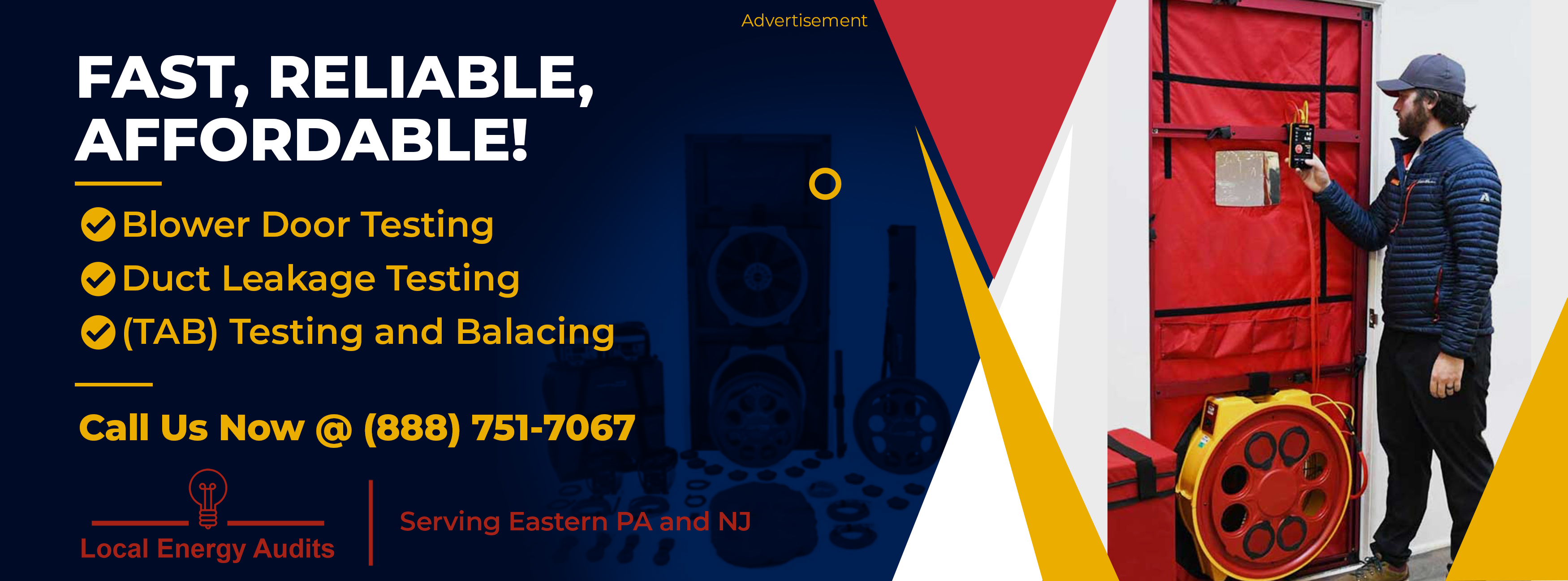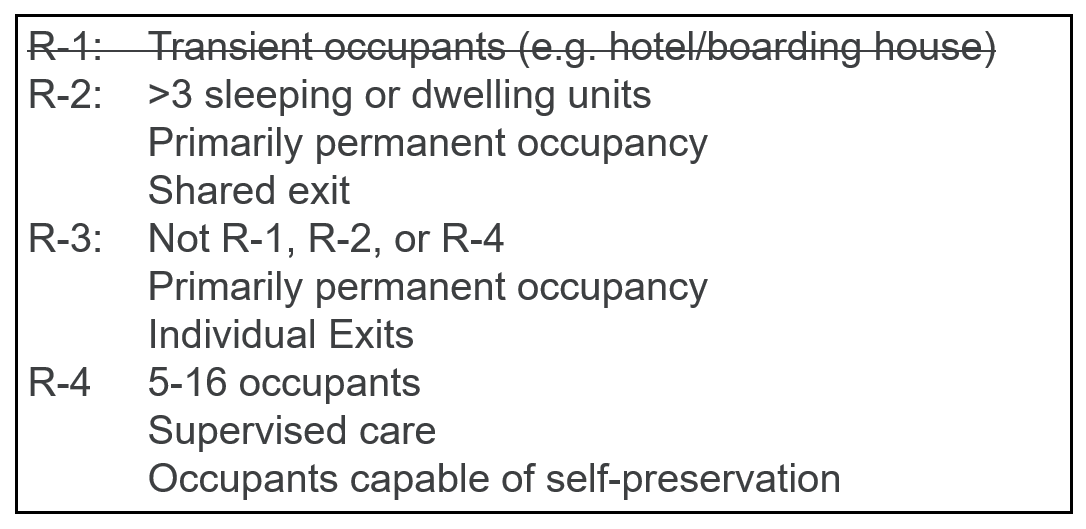

The Pennsylvania UCC has been adopted by over 90% of the municipalities in the state. Check with your local code official to determine its applicability in your jurisdiction.
The IECC 2018 states that the residential provisions apply to "Residential Buildings", which are defined as "detached one- and two-family dwellings and multiple single family dwellings (townhouses) as well as Group R-2, R-3 and R-4 buildings three stories or less in height above grade plane". This definition excludes buildings with transient occupants, such as hotels and boarding houses, but it includes most other low-rise housing.

The 2018 IECC includes a section (Chapter 5, Existing Buildings) clarifying that it is intended to apply to additions and major renovations in addition to newly constructed dwellings. Pennsylvania has adopted this chapter in its entirety, except for some exclusions related to duct systems.
Editorial Comment:
The 2018 IECC requires testing to verify that envelope air leakage rates fall below specified thresholds. This testing will be challenging to complete accurately when testing additions, where the leakage of the existing structure may affect the test results of the new components. Successful implementation of the new existing building requirements will require a degree of cooperation and improvisation by builders, testing contractors, and code officials.

